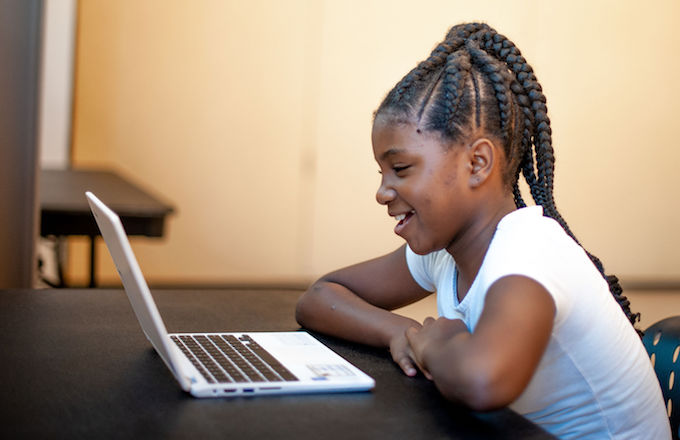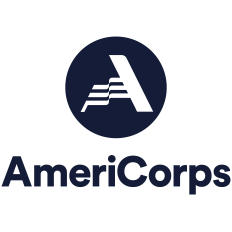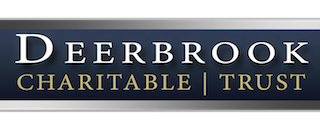March 8, 2018
Why all kids should read about powerful women
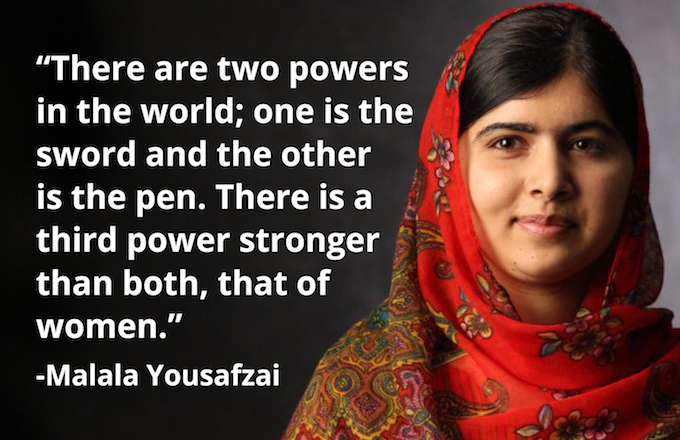
Reading about strong women matters
Books and literature help shape who we are and how we see the world. As soon as kids learn to read, the books and stories they interact with impact their lives. This is why representation really does matter. Books with diverse perspectives, characters, and heroines give kids a chance to see parts of themselves in the story, rather than looking from the outside in.
In honor of Women’s History Month this March, we’ll highlight books that feature strong women persisting and being brave no matter the obstacle.
We know that the voices of women have not always been at the forefront of history, even though women have always been shaping history. That’s why it’s vital for our youngest generation to be exposed to bold women in our global history. We highlight women’s stories this month knowing that we must make a conscious effort to include the stories of women in our reading centers, libraries, and classrooms beyond Women’s History Month.
As Malala Yousafzai demonstrates on the world’s stage, women are powerful and are actively shaping the world as we know it today. This is a list to get started discussing women’s stories with elementary-aged students.
All of the books featured below are accessible for our students. These books pair beautiful illustrations with poignant messages to encourage the girls and boys in our reading centers to dream big and pursue their passions.
Ten powerful kids books featuring strong women
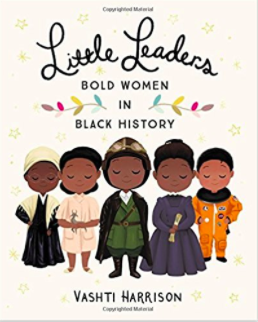
Little Leaders: Bold Women in Black History by Vashti Harrison

Gloria’s Voice: The Story of Gloria Steinem―Feminist, Activist, Leader by Aura Lewis
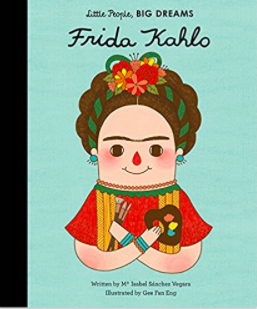
Little People, Big Dreams: Frida Kahlo by Isabel Sanchez Vegara
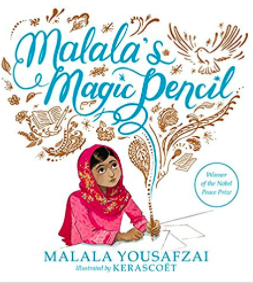
Malala’s Magic Pencil by Malala Yousafzai
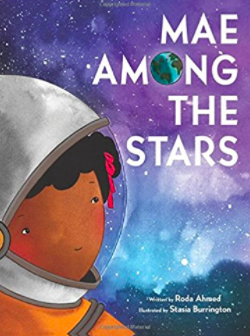
Mae Among the Stars by Roda Ahmed
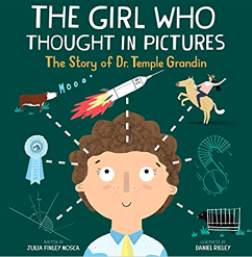
The Girl Who Thought in Pictures: The Story of Dr. Temple Grandin by Julia Finley Mosca
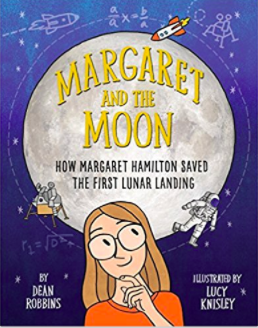
Margaret and the Moon by Dean Robbins
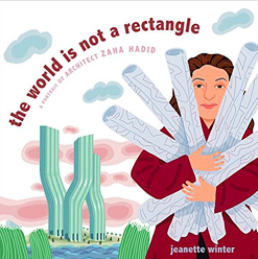
The World Is Not a Rectangle: A Portrait of Architect Zaha Hadid by Jeanette Winter
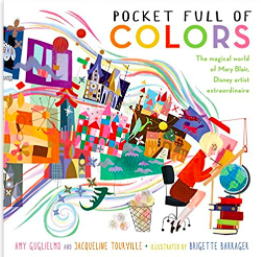
Pocket Full of Colors: The Magical World of Mary Blair, Disney Artist Extraordinaire by Amy Guglielmo
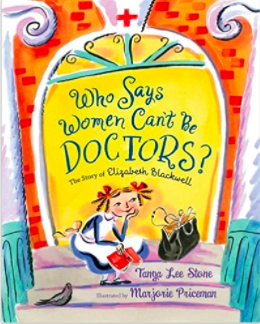
Who Says Women Can’t Be Doctors?: The Story of Elizabeth Blackwell by Tanya Lee Stone
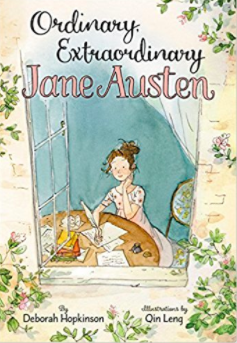
Ordinary, Extraordinary Jane Austen: The Story of Six Novels, Three Notebooks, a Writing Box, and One Clever Girl by Deborah Hopkinson
Want more inspiration? Explore other book lists featuring women in history
- First Book’s List of Children’s Books to Celebrate Women’s History
- New York Public Library’s List of Notable Women in Children’s Books
- Reading Rocket’s List of Books for Women’s History Month
We can’t wait to read and discuss these strong, brave women with our students this March and beyond!

